HBO's The Last of Us premiere takes disappointingly few creative risks
It might please the story purists, but it's too safe and a bit dull.
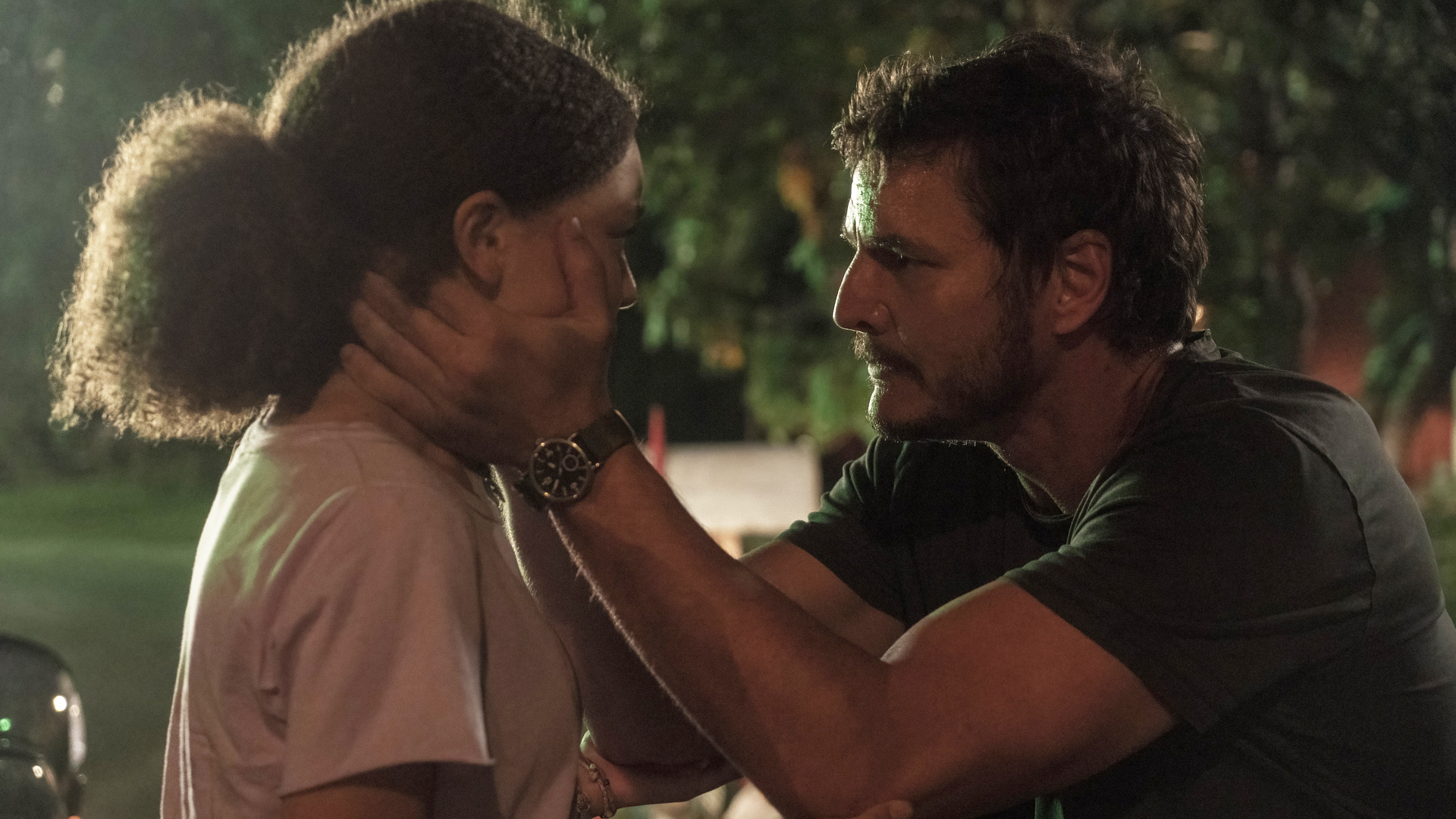
When I fell asleep half-way through the first episode of The Last of Us yesterday evening—I was very tired, so I can't blame this on the show—I probably didn't need to rewind it. It sticks so closely to the source material that I could have filled in the blanks myself. Like Tyler said in his TLoU impressions last week, "At times, it's like watching a supercut of the game's story on YouTube."
This is disappointing but understandable. When videogame adaptations deviate from the source material—which, to be fair, is often—the pitchforks come out. This is the case with all kinds of adaptations. Even The Witcher, which proved to be incredibly popular, was heavily criticised whenever it tried to escape the shackles of the books.
Perfect recall
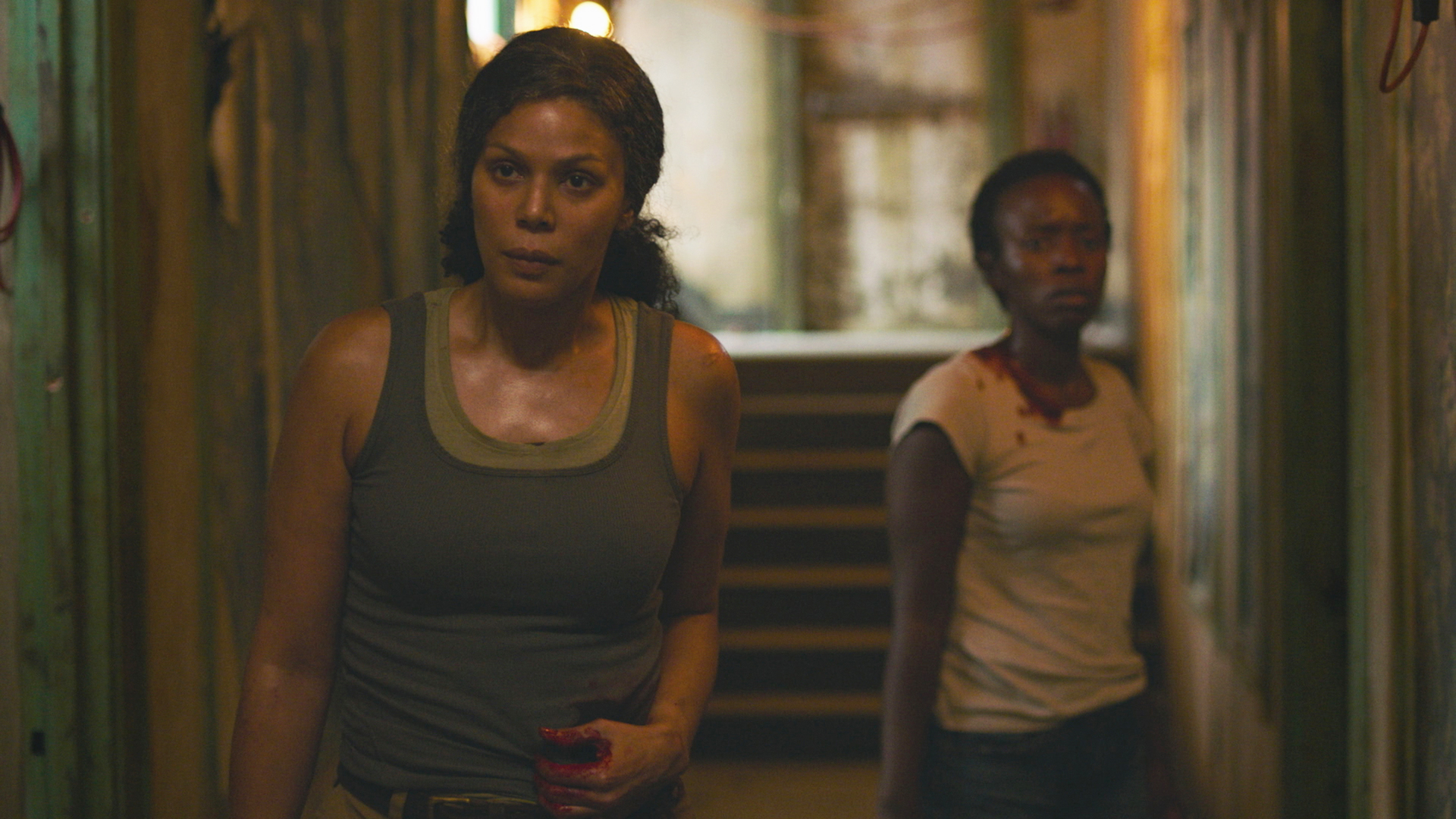
It's even less surprising here, since TLoU feels like it was designed to be easily adapted. Everything from the script to the cinematic techniques used in the cutscenes desperately evokes prestige TV. But what felt slightly novel in the game just feels very much par for the course in a TV show. There are no surprises here. Even if you've never played Naughty Dog's moody misadventure, you'll have a good idea of what to expect.
As a game, TLoU has a lot going for it, but the story is hardly original. And that's fine! Novelty is not an indicator of quality, and games are better positioned to tell unoriginal stories because they can reframe them through interactivity. This is a trick that's pretty tough to replicate in a passive medium.
This is why Arcane is my favourite adaptation, despite the fact that I actively dislike League of Legends. LoL is full of lore, but players aren't following a story as they rush up lanes and fight their opponents. Players don't treat this stuff as sacred, leaving the show's creators free to do whatever they want, spinning an original yarn that takes advantage of, but isn't beholden to, an existing property.
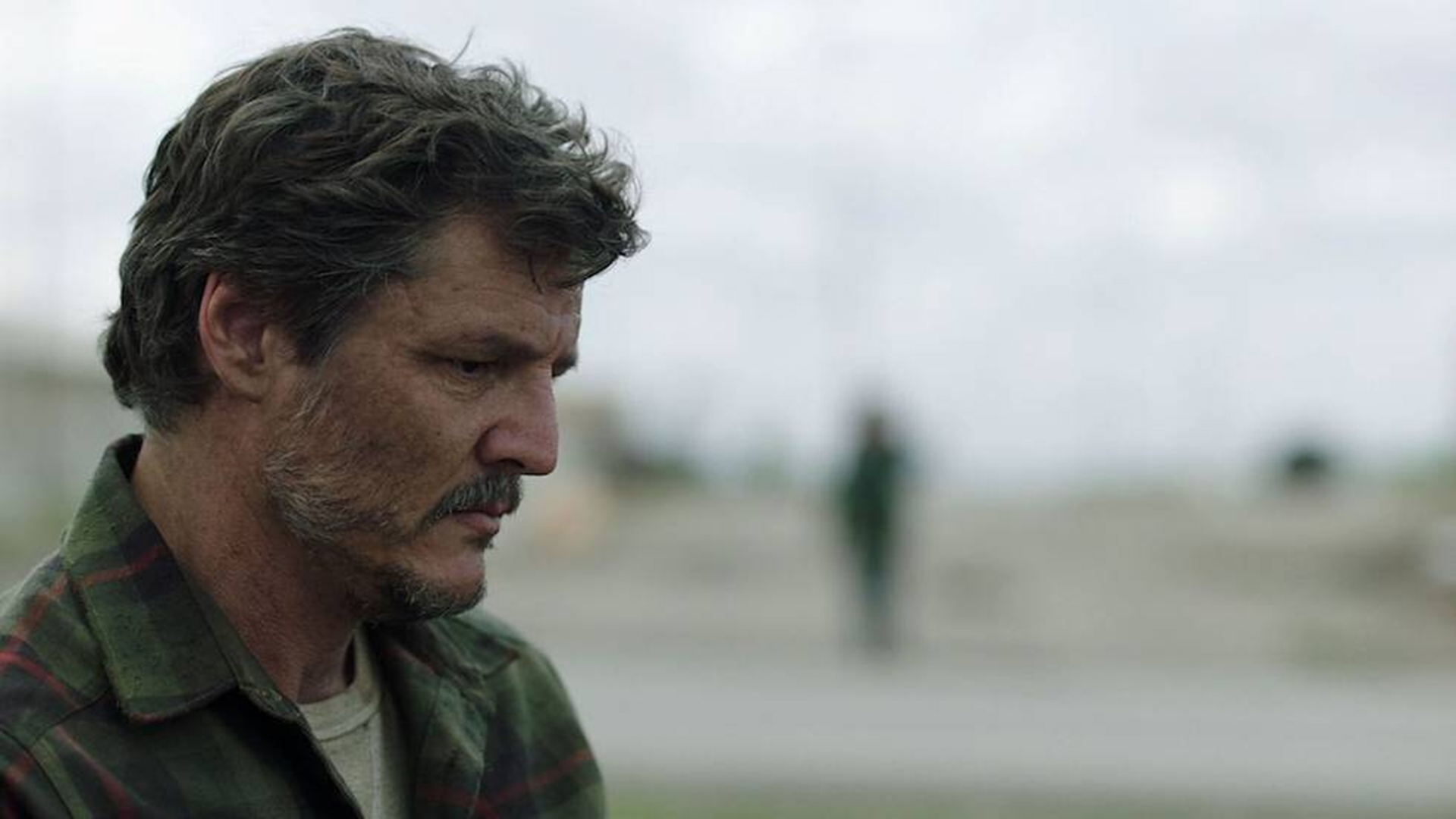
Arcane is also a sumptuous visual feast, while TLoU just looks like every other bit of post-apocalyptic fiction. Now, there are limits to what you can do when you're recreating a ruined Boston decades after the end of the world. With that in mind, the costumes and set designs are fine; they're just not remotely memorable. The fault really lies with the cinematography, which is incredibly plain.
This is one instance where the show could have followed the game while still making it distinct from most zombie dramas. The way games present their stories is what makes them stand out from other mediums, and something few adaptations have bothered attempting. So far, TLoU has little time for the slower or quieter moments of exploration—the actual meat of the source material. None of the shots in the show linger, constantly cutting to something else and breaking the tension. We never really get to just follow anyone, or take a breather and just soak up the atmosphere of post-apocalyptic Boston—and as a result, the quarantine zone never feels like a cohesive place.
The biggest gaming news, reviews and hardware deals
Keep up to date with the most important stories and the best deals, as picked by the PC Gamer team.
During the build-up to the show's arrival, there were plenty of jokes about seeing Pedro Pascal methodically looking in every drawer and hunting for supplies, and while, yeah, that would be a bit boring, I do think there's value in replicating some of the more gamey moments. Or at least the moments that put you in a character's shoes. After all, the only part of the terrible Doom movie that anyone remembers with fondness is the brief FPS sequence.
Drive-by
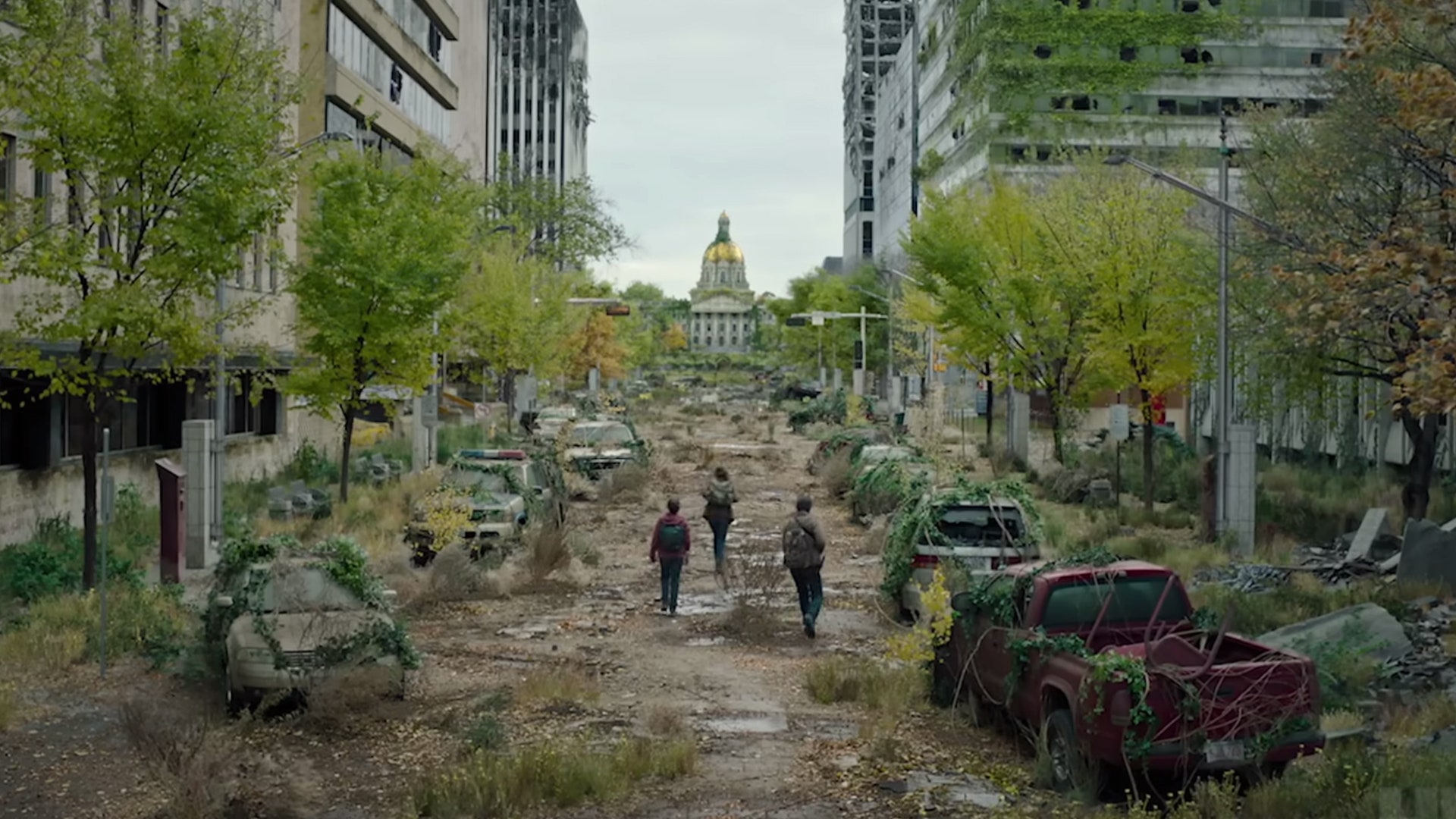
During the very long premiere, only one sequence sticks in my mind: the frantic car-ride through the apocalypse. Here, we're made to feel like we're in the car with Joel and his family, watching the end of days unfold as we rush down roads, fields and through a town in chaos. We see what the characters see, forced to witness the events of this harrowing night.
This isn't a particularly interactive sequence in the game, since it's Tommy who's driving, but we're still more than simply passive observers. Watching the TV recreation, I could still feel my heart rate go up, and even knowing how the short journey would end—brutally and tragically—it was still shocking.
It's just a tracking shot—hardly a revelation, but potent nonetheless. The mediocre but occasionally compelling Black Summer uses this technique to great effect, letting us follow characters as they're chased by zombies with few visible cuts. It's not based on a game, but it still feels very evocative of one. There's even an entire episode dedicated to a tense road trip, where you're trapped in a car hurtling towards disaster along with the panicking survivors.
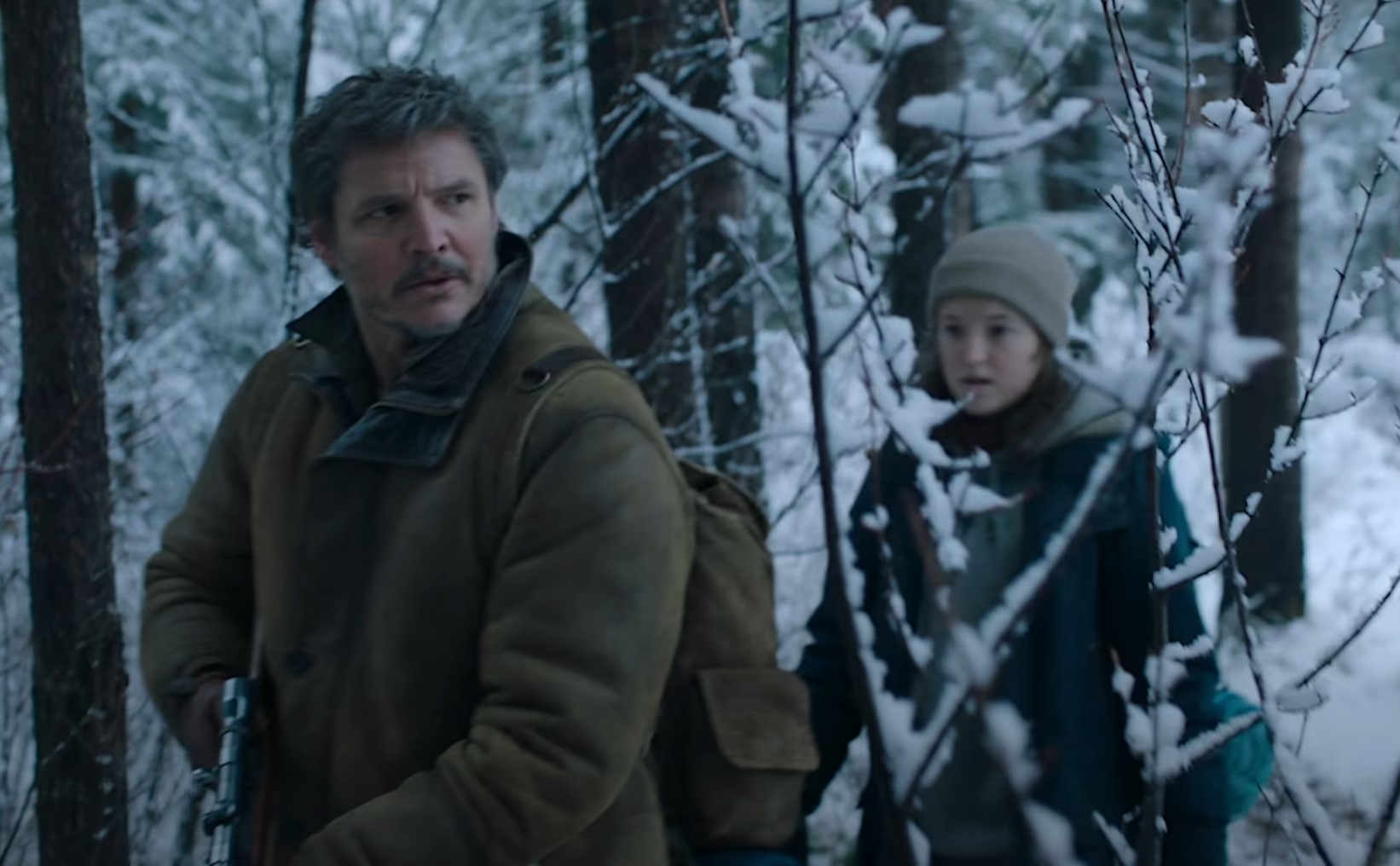
Sadly, the rest of the TLoU premiere fails to maintain this sense that we're in the thick of things. There's no illusion that we're seeing what the characters see; instead we're just briefly pointed towards what Mazin wants us to witness. I felt like I was watching a not-very-good Let's Play. Still, it's not unsalvageable. The cast is great and the script is solid—it's a perfectly serviceable zombie romp, even though there aren't nearly enough monsters causing a ruckus. But it's just incredibly safe.
I guess I'm just wondering why it exists. It has nothing to say and shows us nothing we haven't seen countless times before. It slavishly recreates the game's story beats, but not the parts that would make it stand out from any other post-apocalyptic journey. The biggest mystery for me is why it's gone down so incredibly well. People seem to absolutely love it. Maybe it's enough that it's an adaptation that's not a total mess. One of the benefits of not taking any risks is it reduces the chances of everyone hating the weird creative decisions. But—and maybe this is just the contrarian in me—I'd much rather watch a very flawed but interesting show than something that takes no chances.

Fraser is the UK online editor and has actually met The Internet in person. With over a decade of experience, he's been around the block a few times, serving as a freelancer, news editor and prolific reviewer. Strategy games have been a 30-year-long obsession, from tiny RTSs to sprawling political sims, and he never turns down the chance to rave about Total War or Crusader Kings. He's also been known to set up shop in the latest MMO and likes to wind down with an endlessly deep, systemic RPG. These days, when he's not editing, he can usually be found writing features that are 1,000 words too long or talking about his dog.

